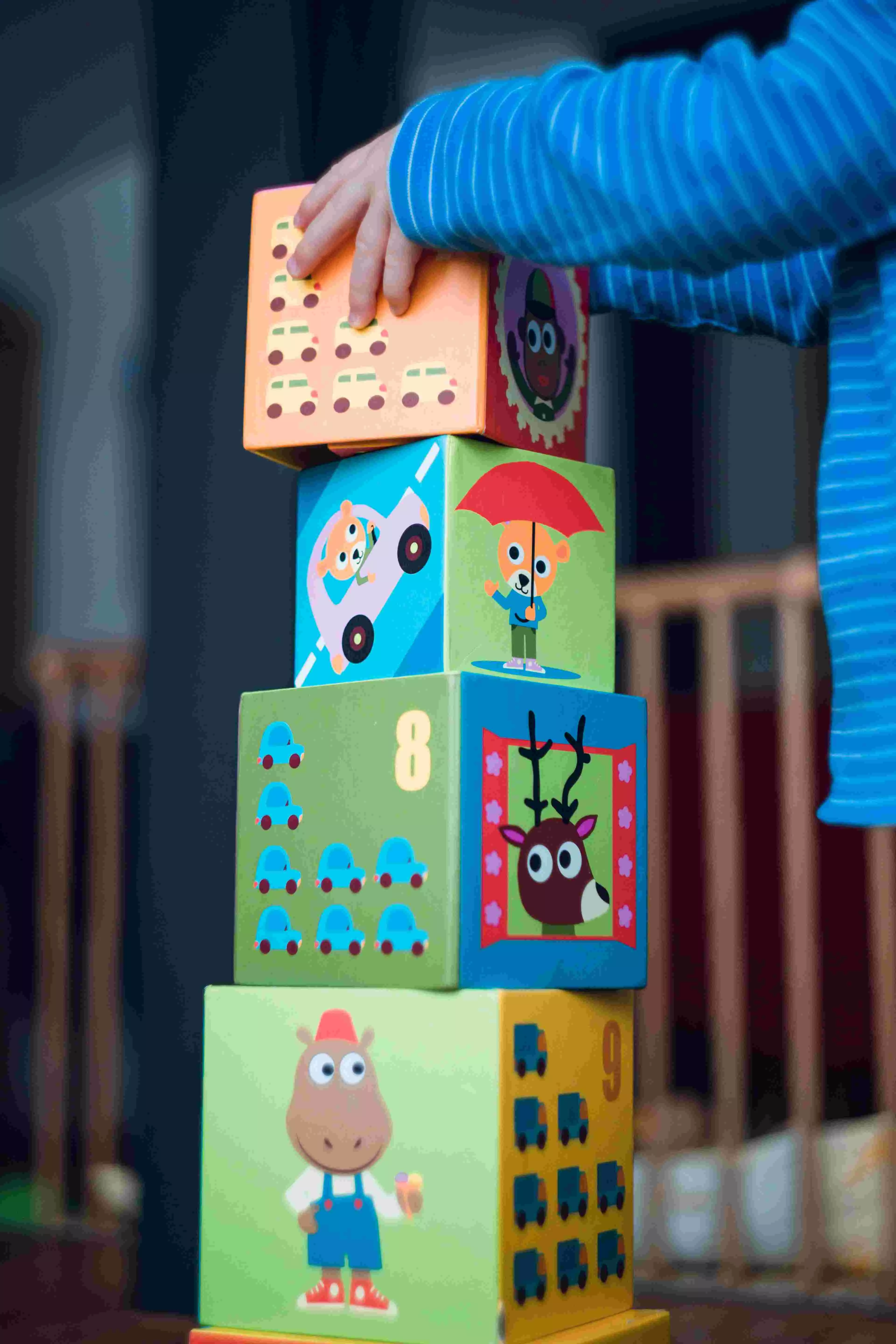Crafting emotional fortitude
As Children’s Day approaches, parents should strive towards raising emotionally intelligent children to nurture and protect their well-being

Children are pure, and their innocence is a source of boundless wonder. They are special, a treasure chest of creativity and imagination. The way they think and act is often refreshingly unconventional. Yet, beneath their smiles lies a profound world of emotions, making children’s mental health a vital topic of concern and exploration. Children’s Day, observed on November 14 each year in our country, serves as a reminder of the need to nurture and protect the well-being of the younger generation in India.
To understand one’s mental health, language is the biggest key to connection. With each generation, there are newer terminologies and expressions that evolve. Like in the nineties, hello got replaced with a “hi” and in the next few decades with a “What’s up?”. As adults and parents, it’s time for us to learn the lingo the young ones use to grasp their thought process, create better communication, and more.
Raising generation Alpha comes with getting attuned to these terms:
* No cap: This means “no lie” or “I’m not joking.” Meaning they are serious.
* Lit: Used to express that something is exciting, amazing, or excellent.
* Slay: To do something exceptionally well, often used in the context of fashion, beauty, or performance.
* Spill the tea: It refers to gossip, news, or the inside scoop on a situation.
* G.O.A.T: An acronym for “Greatest of All Time,” used to praise someone or something as the best in a particular category.
* Shade: To subtly insult or criticise someone, often in a passive-aggressive manner.
* Cancel culture: The practice of withdrawing support or public approval from individuals, usually celebrities or public figures, who have done or said something considered offensive or controversial.
Mental health issues evolve as generations evolve. According to some studies, at any given point in time, nearly 50 million Indian children suffer from mental disorders, and this number will increase if the adolescent population is considered as well.
New-age mental health issues in children:
* Social media-related anxiety: from trolling to being cancelled and the constant need for external validation, social media has it all.
* Competition in academics
* Gadget-related issues: The average age at which a child gets his first gadget has reduced to 10.3 years, according to a study from University of Sussex.
* Nomophobia: Inability to be without the phone
* Digital fatigue
* Gaming addiction
* Substance use
* Body image issues
* Text neck syndrome
* Information overload
* Cyberbullying
As parents, all we can do is try to raise children who are aware of their emotions, feel more secure within themselves, and are well-rounded. Here are a few tips on how to raise emotionally intelligent children:
Lead by example: Show empathy and understanding towards others.
* Emotional recognition and regulation: Help your child identify and label their emotions. Encourage them to express their feelings and thoughts. Teach them strategies for regulating their emotions, such as deep breathing, counting to ten, or taking a break when they feel overwhelmed.
* Active listening: Listen attentively to your child when they express their emotions. Avoid judgement or dismissal.
* Teach problem-solving: When your child faces emotional challenges, guide them in finding solutions by brainstorming ideas to cope with their feelings and
resolve issues. Engage in activities that promote emotional understanding, like reading books or playing games together.
* Empathy: Discuss how others might be feeling in different situations. Empathy is a cornerstone of emotional intelligence.
* Conflict resolution: Teach your child how to manage conflicts peacefully with friends, peers and sibling.. Model effective conflict resolution strategies yourself.
* Encourage independence: Allow your child to make age-appropriate choices and decisions to develop autonomy and self-awareness.
* Show unconditional love: Make sure your child knows that your love and support are unwavering, regardless of their emotions or behaviour. Keep them safe.
Encourage social connections. Support your child in building and maintaining friendships. Social interactions provide opportunities to practice empathy, cooperation, and resolving conflicts.
Praise effort, not perfection: Encourage your child to strive for personal growth rather than perfection. Praise their efforts and persistence, which foster resilience and emotional strength.
Happy Children’s day to all the children out there and the child within us.
Send your questions to [email protected]



